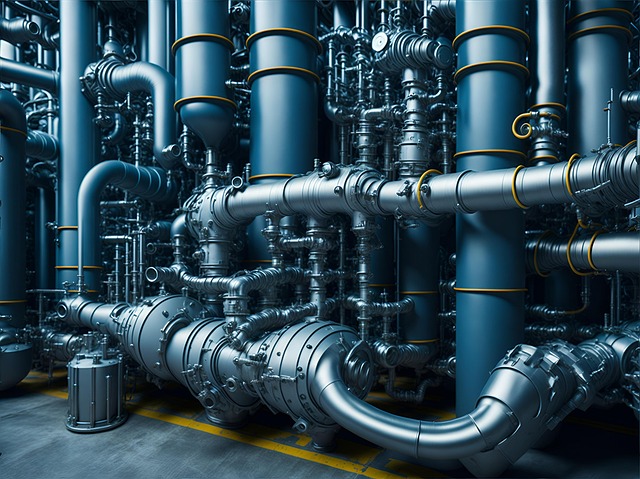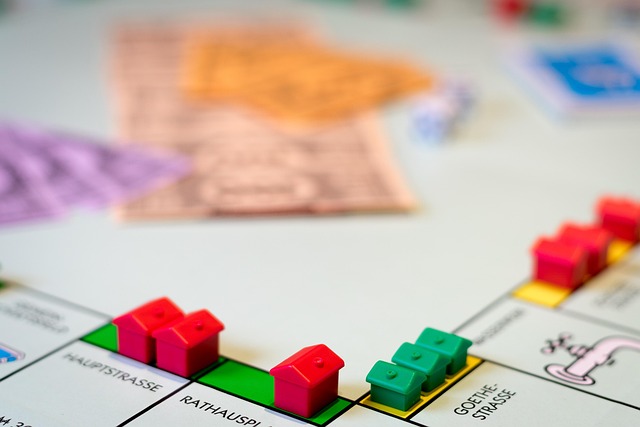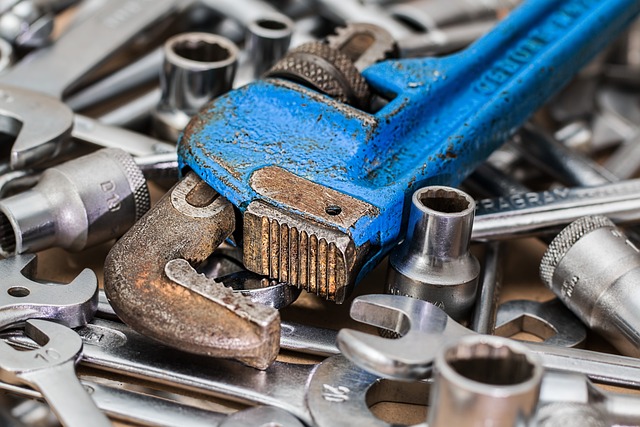In volatile real estate markets, prepare for unexpected emergencies like natural disasters and appliance malfunctions through regular maintenance checks and budgeting. Assess individual risk factors and conduct a home audit to tailor a budget for common repairs. Preventive care saves costs, maintains property value, and offers peace of mind by addressing small issues promptly.
In the dynamic world of real estate, unexpected emergency fixes can arise at any time, significantly impacting your finances. This article guides you through essential steps to budget for such unforeseen costs. We explore common emergency expenses specific to real estate and provide a step-by-step framework for creating a robust budget. Additionally, we emphasize the critical role of prioritizing home maintenance for long-term financial security.
Assessing Common Emergency Expenses in Real Estate

In the unpredictable world of real estate, unexpected emergency fixes can arise at any moment, from burst pipes and electrical outages to structural repairs and natural disasters. Assessing common emergency expenses is a vital step in preparing for unforeseen costs that could significantly impact your finances. Property owners often overlook these potential issues, but being proactive can save them from financial strain during stressful situations.
Regular maintenance checks are key to identifying red flags early on. This includes examining plumbing systems, electrical wiring, roof integrity, and structural stability. In addition, understanding the frequency and cost of typical repairs in your area is essential. For instance, natural disasters like floods or earthquakes can cause extensive damage, while older properties may require more frequent maintenance for wear-and-tear related issues. By budgeting for these common emergency expenses, homeowners can ensure they have the financial resilience to handle unexpected repairs promptly, minimizing potential losses and ensuring their investment in real estate remains secure.
Creating an Unexpected Fix Budget: Step-by-Step

Creating a budget for unexpected emergency fixes is a smart move for any homeowner, as it ensures financial peace of mind in an often unpredictable real estate market. Here’s a step-by-step guide to get started:
1. Assess Your Risk Profile: Consider the likelihood of different emergencies, such as natural disasters or sudden appliance malfunctions. This helps tailor your budget to address the most probable issues. For instance, if you live in an area prone to flooding, allocate funds for water damage repairs.
2. Audit Your Home: Take stock of your home’s existing infrastructure and its potential vulnerabilities. Check plumbing, electrical systems, roofing, and structural integrity. An inspection by a professional can highlight areas that require more immediate attention and increase the accuracy of your budget.
Prioritizing Home Maintenance for Financial Security

Staying on top of home maintenance is a crucial aspect of financial security in real estate. Regularly addressing small issues before they become major repairs can save homeowners significant costs and prevent costly surprises. A well-maintained home not only retains its value but also ensures comfortable living conditions.
Prioritizing essential maintenance tasks, such as roof inspections, plumbing checks, and electrical system upgrades, is key. Homeowners should create a budget specifically for unexpected emergency fixes to be prepared for unforeseen repairs. This proactive approach fosters peace of mind, knowing that any issues will be addressed promptly without causing a financial strain.






